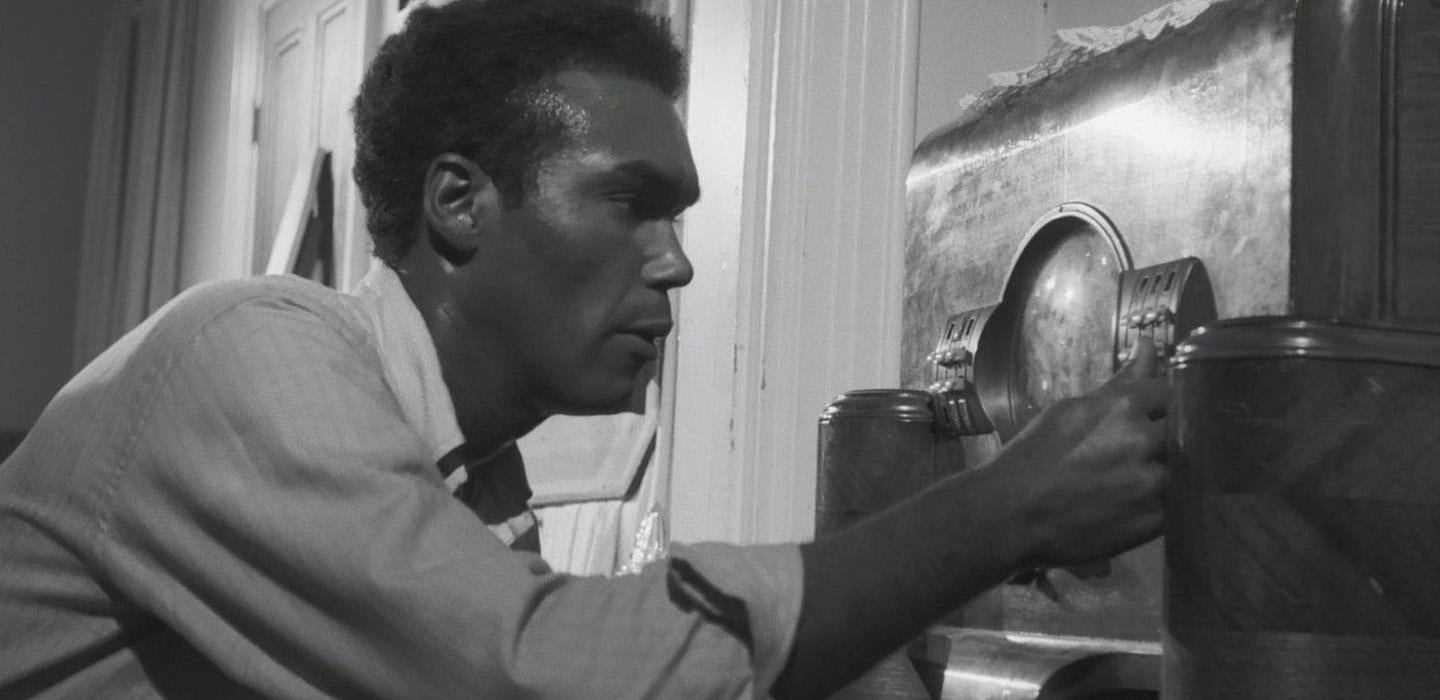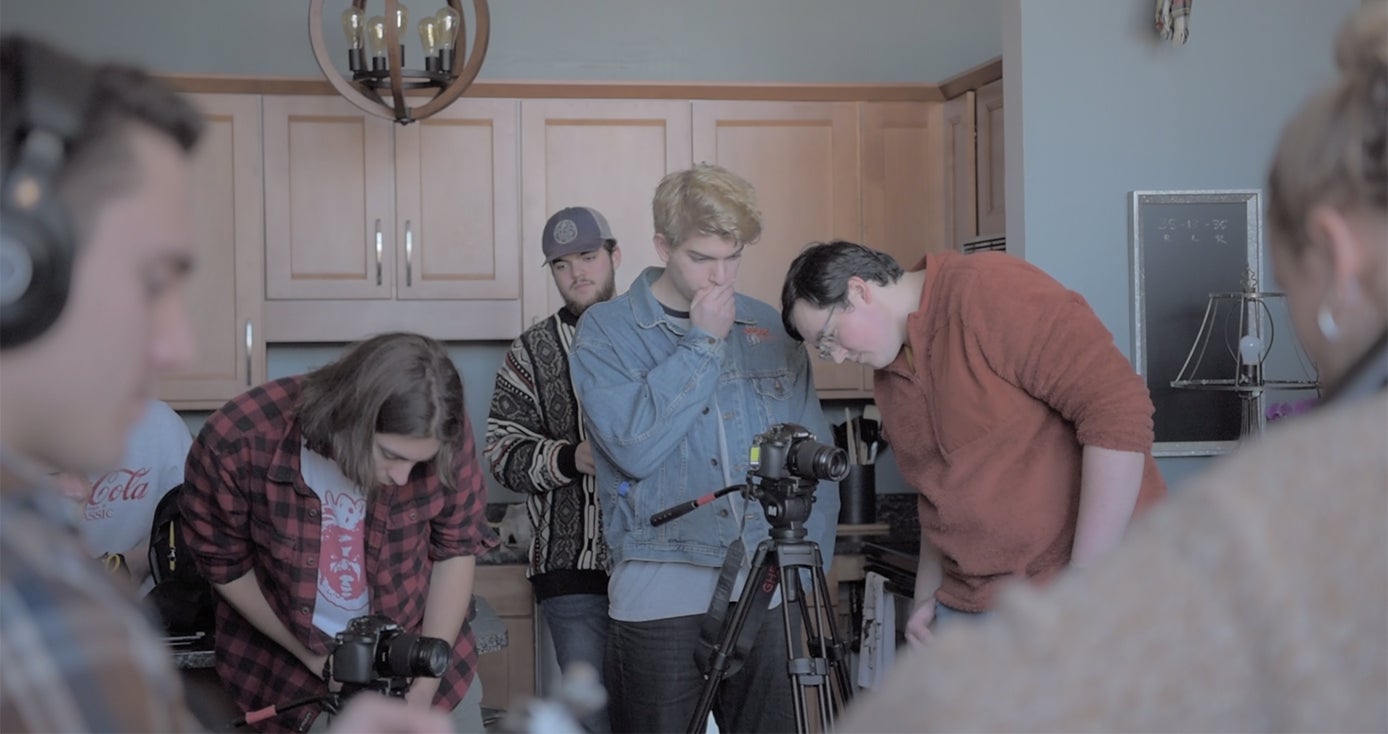
Subscribe to Pittwire Today
Get the most interesting and important stories from the University of Pittsburgh.In 1968, Pitt grad Duane Jones starred alongside a horde of zombies in a movie that would break new ground not only in the horror film genre, but in the depictions of African Americans on screen.
As his Making the Documentary class researched material for their film “George Romero & Pittsburgh: The Early Years,” Film and Media Studies Senior Lecturer Carl Kurlander and the students discovered new details about how Romero decided to cast Jones (EDUC ’59) in the lead role in “Night of the Living Dead.”
Jones’ role was a first: a Black man who was not only the lead, but the hero of a horror film. That it happened in 1968 during the height of the civil rights movement as well has made the casting and the performance a topic of discussion amongst film critics and historians ever since. (Read Kurlander’s Perspective: An Appreciation of Duane Jones for more.)
As part of their research, members of the class, held in Spring 2020, explored the George A. Romero Archival Collection, housed at Pitt’s University Library System. What they found not only informed the main documentary piece, but also led to a mini-documentary about Jones.
“Duane paved the road for others to follow, and that is what pioneers do,” said Suz Romero, the widow of the acclaimed filmmaker.
A screening of the Romero documentary, the Jones film and an award ceremony were held virtually on Feb. 4.
More than 400 attendees from places as far away as London and Belfast saw Marva Brooks, Jones’ sister, accept the second annual George A. Romero Foundation Pioneer Award on his behalf.
Accepting the award, Brooks explained that when Jones read the script, he suggested that the writers make the character of Ben more refined and educated, so that’s what was done.
Brooks said the students’ film “captured the essence of her brother,” who died in 1988.
“Duane was truly a Renaissance man,” she said. “He was the best artist, dancer, horticulturist … he excelled at whatever he put his mind to.”
The award preceded the screening of the main event—"George Romero & Pittsburgh: The Early Years" and a panel discussion with the young filmmakers, who only weeks into the film’s production had to move back to their hometowns as a result of the pandemic and continued working on the project through Zoom.
“I know you can be a filmmaker from wherever you want to, as long as you have it in you,” said Nate Kohler, a junior and film studies major. “George Romero showed me that and I will be thankful for that forever.”
“We had to innovate ourselves and find the passion that George had for filmmaking,” added sophomore Owen Gambill. “I wouldn’t trade this experience for anything.”
Suz Romero praised the young filmmakers for discovering that her late husband was more than just “the zombie guy.”
“That is what research is—getting to know who your target is and learning about that person,” she said.
Adam Lowenstein, professor of film studies in the Kenneth P. Dietrich School of Arts and Sciences and director of Pitt’s Horror Studies Working Group, told the group that society has a lot to learn from horror films in ways that are social, cultural, artistic, political and historical.
He added: “The students who made this documentary have made my best dreams, or maybe my best nightmares, come true.”
Thursday’s event was sponsored by the University Library System, in partnership with Film and Media Studies and the Horror Studies Working Group, with support from the Center for Creativity, Dietrich School of Arts and Sciences, Department of English, Honors College, Office of the Associate Dean for Undergraduate Studies, Office of the Provost, University Library System Archives and Special Collections and the George A. Romero Foundation.



